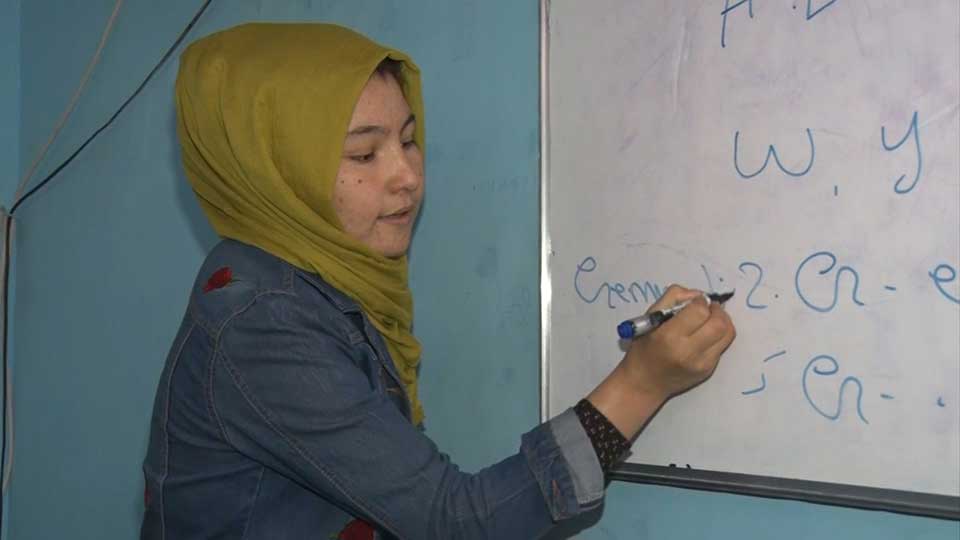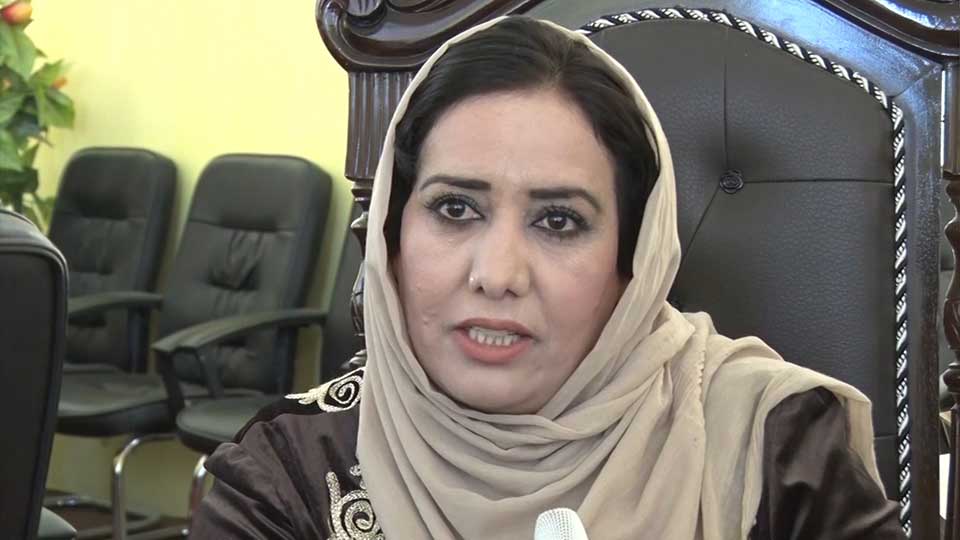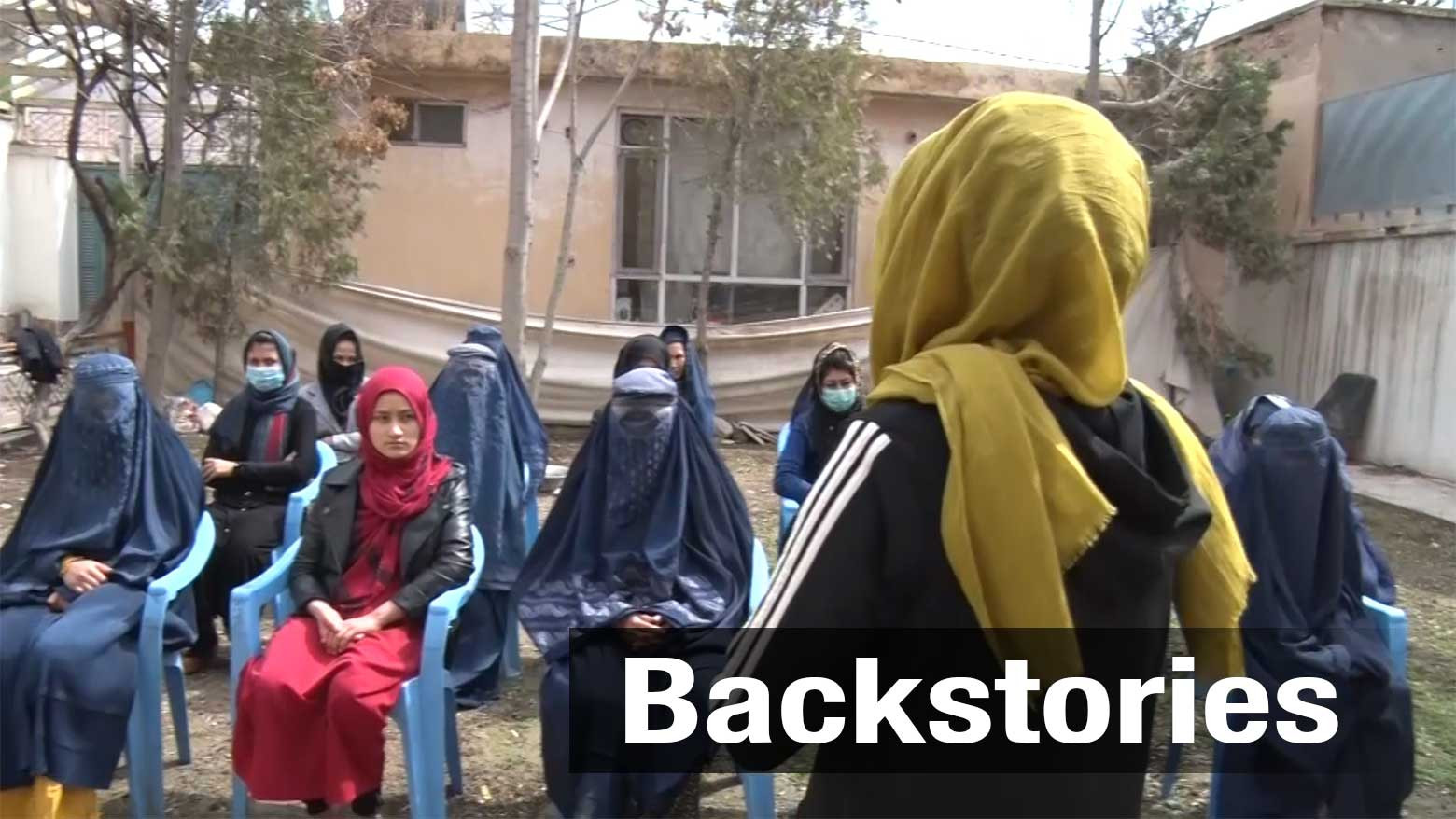Women fear return of Taliban
Many people in Afghanistan have welcomed the peace accord between the US and the Taliban. But among women, the reaction is more one of concern than excitement.
“Under the rule of the Taliban, women’s rights were completely destroyed,” says one woman citizen. “I just hope our opportunities and rights will be protected this time.”
The Taliban ruled Afghanistan from 1996 to 2001. The group follows Islamic fundamentalist principles and implemented strict restrictions on individual freedoms. Women’s rights, in particular, were severely limited.
NHK spoke to a former senior Taliban official. He says much of the same can be expected if the group is allowed to join the government.
“If a new government decides to rule by enforcing Islamic law, the Taliban will make sure Afghans adhere to the rules.”
Hopes and concerns for future of women
26-year-old Khatera Nadiri lives with four family members in the northern province of Kunduz. Her father was killed four years ago during a battle between the Taliban and government forces.
Khatera managed to put herself through university by working part-time jobs and has been teaching English in her hometown for about three years. She worries that a return of Taliban rule could mean an end to her career—and the education of millions of girls throughout the country.
“I’m dreading the return of the Taliban,” Khatera says. “Women wouldn’t be allowed to work or get an education.”

She is now trying to protect her future by working with Najia Aymaq, a member of the provincial assembly. Najia is a women’s rights activist who remained active during the six years of Taliban rule. Now, she and Khatera are compiling a petition demanding that women’s voices be included in peace negotiations.
“We are going to urge the government to include women in any future peace process,” Najia says. “We were victimized in the past. We should not be made to suffer any more.”

Khatera has been giving speeches to members of her own generation.
“If you remain quiet, women’s rights will be trampled on,” she said at a recent gathering. “Let’s make our voices heard. The dream of Afghan women is peace in our country. We want a society where men and women can work together and live in peace.”
But for all the visible activism of Khatera and Najia, many women in the country are reluctant to become politically involved for fear of reprisals. Especially in rural regions, attitudes toward women remain conservative. And as the Taliban expand its influence in these areas, many working women have received threatening messages and phone calls from people claiming to be associated with the group or other armed factions.
Are the Taliban returning to power?
Observers say the possibility of a return to power for the Taliban is low but that there is an opportunity for the group if it can reach a ceasefire with the government.
Negotiations toward the agreement in February were led by the United States. The government was kept almost entirely out of the loop. Kabul and the Taliban are still at war and are not talking, which means a workable political solution involving both sides is still not in sight. But a ceasefire would change everything, potentially paving the way for the Taliban to participate in government as a democratically elected political party.
Future talks
The Taliban say prisoner exchanges are a precondition for ceasefire talks with the government. The group is demanding the release of 5,000 members in exchange for 1,000 Afghan government officials and military personnel it has captured. Both sides have already released some prisoners but there is uncertainty on how to proceed. The Taliban are demanding immediate release, while Kabul is calling for a more gradual process.
Meanwhile, a domestic political crisis has thrown another wrench into the peace process. President Ashraf Ghani was reelected in an election in September but runner-up Abdullah Abdullah did not accept the result. A US effort to mend the relationship between the rivals has so far been unsuccessful.
The coronavirus is posing a grave threat to Afghanistan’s fragile healthcare system and the country is currently under lockdown to limit the spread. Crises on multiple fronts have come together to create a time of great uncertainty for the people of the country.

